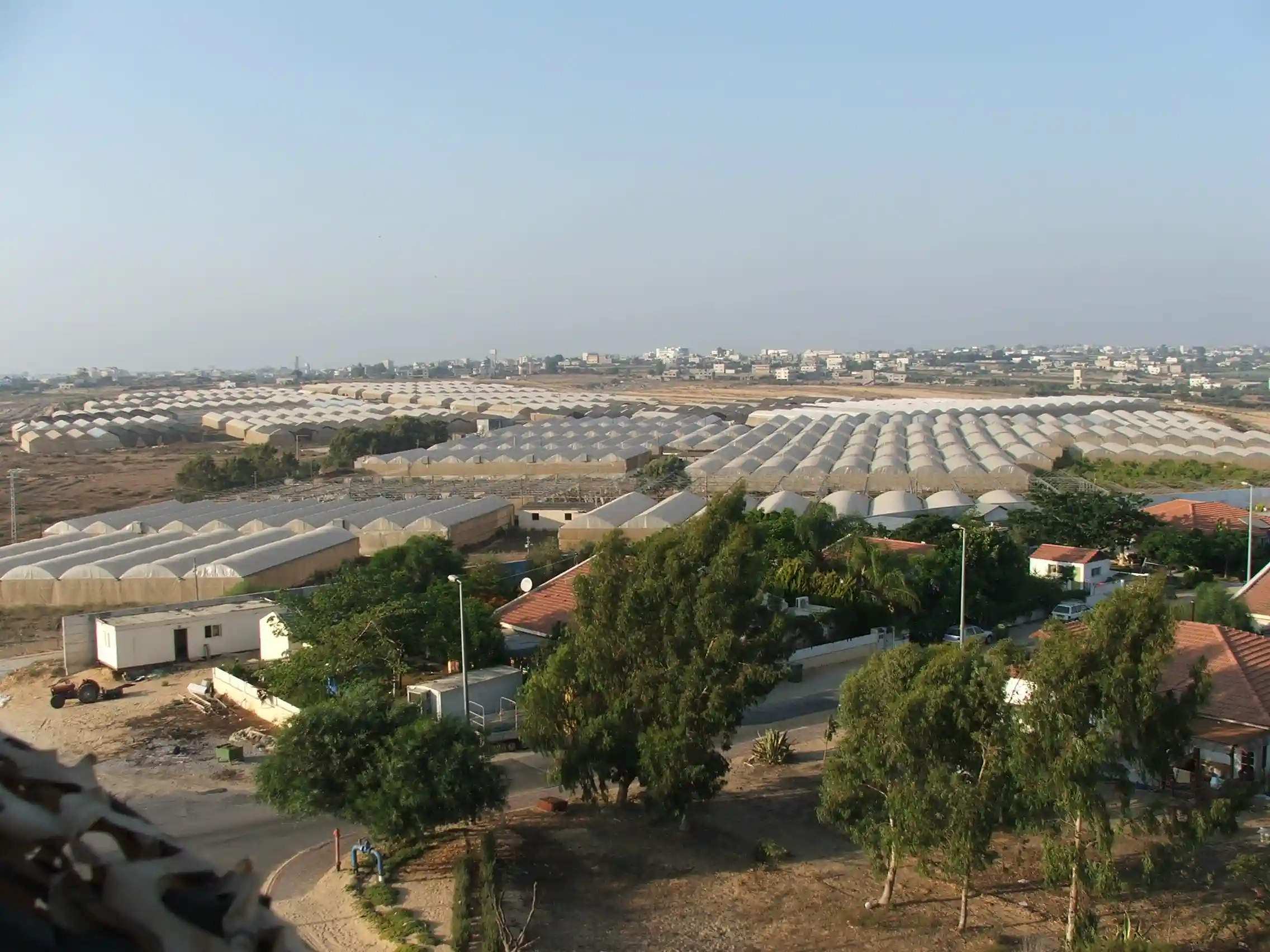
7/18/2007
By Rav Yehoshua Bukh
Click here to download the qina (dirge).
Form of the Lamentation
The lamentation is written in the style of the lamentation by the Eretz Israel paytan (liturgical poet) Rabbi Eleazar b. R. Kalir concerning the twenty-four priestly courses that served in the Holy Temple. Several words and phrases in this lamentation are taken from Kalir’s lamentation.
The lamentation has twenty-two stanzas, each with four lines. The first line of each stanza begins with one or more words from the opening phrases of the verses in the book of Lamentations, Chapter 1, arranged in alphabetical order. The last line of each stanza ends with the name of a settlement. In three of the stanzas, two settlements are mentioned.
All the words in the lamentation (except one) are from the Tanakh. The lamentation is entirely composed of combinations of words and fragments of verses from all the books of the Tanakh, sometimes with changes in word order or grammatical and other alterations. Some words in the lamentation have a double meaning.
All four lines in each stanza rhyme at their end. In some of the lines, there is also internal rhyming. Besides rhyme, the lamentation employs various types of euphony, such as paronomasia (play on words with similar sounds), wordplay, and more. The names of the settlements serve both for rhyming and for the various types of euphony. The meaning of the settlement names is also utilized.
Content of the Lamentation
The lamentation mourns the destruction of the settlements and the exile of their inhabitants, and refers to them with terms of praise: righteous, mighty, youths, heroes.
The lamentation accuses and rebukes anyone from the house of Israel who had a part in the destruction and exile, and refers to them with derogatory terms: adversaries, enemies, persecutors.
The first six words of the lamentation are taken from the beginning of Kalir’s lamentation, but in this lamentation, the epithet “Rose of Sharon” has a double meaning: a term of praise for the people of Israel and also a clear hint to the name of ‘that man’. The lamentation refers to ‘that man’ with derogatory terms: enemy, adversary, wicked, oppressor, powerful, one who causes evil.
The lamentation uses additional terms of praise for the people of Israel: vineyard, fruitful vine, beloved one.
All stanzas in the lamentation, except the last one, are descriptions of calamity, while the last stanza is a prayer and consolation.